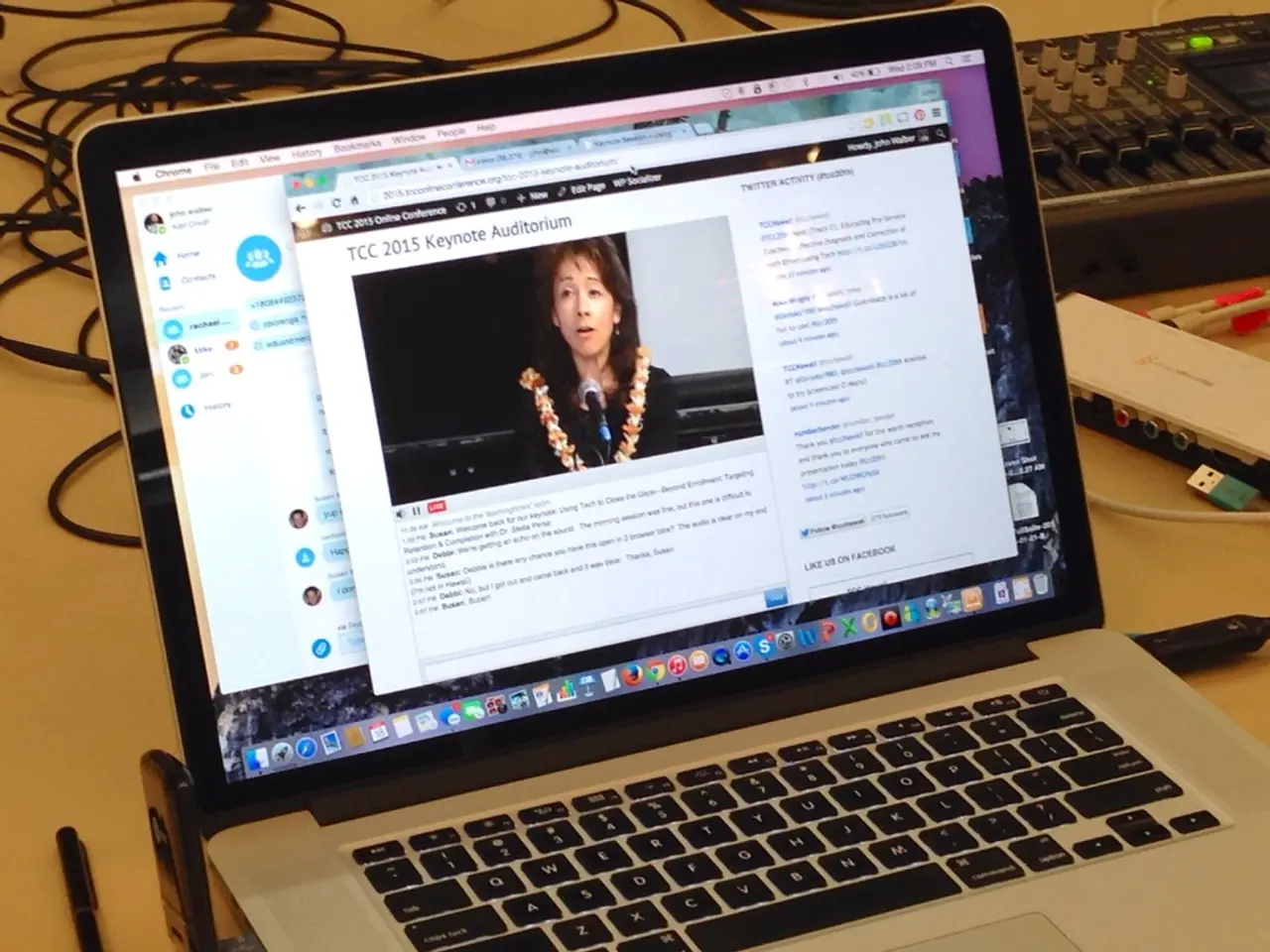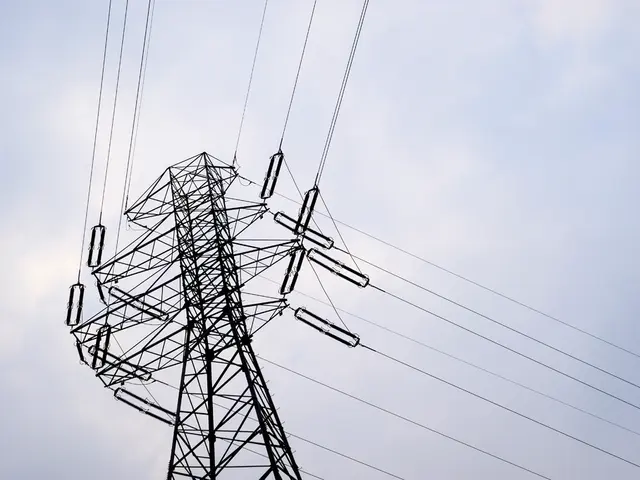Ethereum founder Vitalik Buterin proposes a potential game-changer: gas cap implementation
In a recent development, Vitalik Buterin, co-founder of Ethereum, has proposed an initiative called EIP-7983, which aims to limit the gas per transaction to 16.77 million units. This proposal is designed to boost Ethereum's security, stability, and scalability by mitigating potential risks and aligning the network with emerging technologies like zero-knowledge virtual machines (zkVMs).
One of the key benefits of EIP-7983 is the reduction in the risk of Denial-of-Service (DoS) attacks. By capping the gas that any single transaction can consume, the proposal safeguards against vulnerabilities that currently allow malicious actors to congest the network. Additionally, it aims to prevent Distributed Denial-of-Service (DDoS) attacks by preventing transactions from consuming the entire block's gas, thereby maintaining network stability.
The gas cap also leads to more predictable transaction execution costs, enhancing the overall usability of the Ethereum network. This predictability ensures that dApps run more smoothly without the risk of network congestion due to large transactions, promoting a stable user experience.
EIP-7983 is particularly beneficial for zero-knowledge virtual machines (zkVMs), an emerging technology crucial to Ethereum's future scaling roadmap. By encouraging large transactions to be broken into smaller, manageable chunks, the proposal facilitates smoother integration of zkVMs. Furthermore, the gas cap aligns with broader efforts to scale Ethereum efficiently, ensuring that the network remains adaptable and robust as it expands.
The proposed limit would not affect most current transactions, as only extremely complex operations would have to adapt. Heavy operations would be divided into more manageable fragments, optimizing their verification and execution. This approach is a surgical measure designed to prevent abuses without affecting the general functioning of the network.
Vitalik Buterin has defended the use of copyleft licenses to preserve the original collaborative spirit of Ethereum and Web3. According to Buterin, these licenses require developers to share their improvements on open code, ensuring innovation benefits the entire community. Buterin advocates for a more simplified network, similar to Bitcoin's, and believes that copyleft can be an effective tool to prevent innovation from being monopolized by a few private interest actors.
Buterin's statements at the Ethereum Community Conference in Cannes, France, delivered a deep critique of the current state of the crypto ecosystem. He pointed out many projects use the term "decentralization" as a slogan without providing real guarantees of privacy, censorship resistance, or user autonomy. Buterin proposes that protocols be evaluated with concrete tests to ensure user autonomy, privacy, and censorship resistance.
In conclusion, EIP-7983 represents a change in direction from previous proposals by Vitalik Buterin, shifting from expansion to containment strategies. The initiative is designed to distribute gas consumption more equitably, promoting a more stable and predictable network. By reducing the risk of DoS and DDoS attacks, enhancing network stability and predictability, and facilitating integration with emerging technologies, EIP-7983 aims to secure Ethereum's future as a leading decentralized platform.
Technology plays a crucial role in EIP-7983, as it aims to integrate smoothly with emerging technologies like zero-knowledge virtual machines (zkVMs), which are crucial to Ethereum's future scaling roadmap. The gas cap, a key aspect of EIP-7983, also contributes tonetwork safety by reducing the risk of DoS and DDoS attacks, thereby enhancing overall security.




